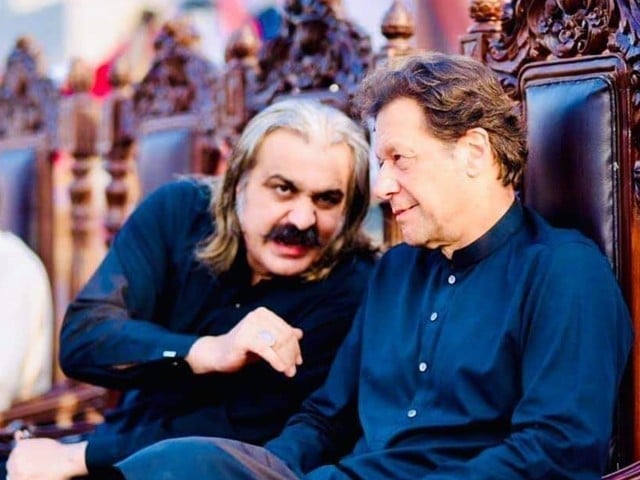Just as prospects for renewed dialogue between the Pakistan Tehreek-e-Insaf (PTI) and the federal government began to gain traction — reportedly with encouragement from influential quarters — PTI founder Imran Khan has once again chosen street mobilisation over negotiations.
According to reliable sources, Khyber Pakhtunkhwa Chief Minister Ali Ameen Gandapur informed Khan and other senior leaders that a positive signal had been received from the “right quarters” to initiate talks with the government. These signals were interpreted as an indirect green light from the establishment, which has recently maintained a distance from direct engagement with PTI.
Read more: France approves right-to-die law
However, upon receiving the message in prison, Imran Khan reportedly rejected the offer and instead directed party leaders to focus on preparing for public agitation.
Insiders reveal that Khan remains steadfast in his belief that mass public pressure is the most effective route to achieving political leverage.
This is the second significant collapse of potential dialogue in recent months. A similar attempt in November last year failed after PTI, reportedly under the influence of former First Lady Bushra Bibi, decided to extend a rally beyond Sangjani to D-Chowk in Islamabad—an action that, sources claim, discouraged potential mediators and hardened opposition stances.
Read more: Israel and Hamas agree to Gaza ceasefire proposal – media
Interestingly, Barrister Gohar had initially communicated Khan’s approval, in principle, to respond positively to Prime Minister Shehbaz Sharif’s public offer for dialogue, made in parliament following PTI’s rare display of unity with the government and military amid recent border tensions with India.
However, Khan later reversed this stance during a follow-up meeting with senior party members, citing a “misunderstanding” and insisting that any talks must be held directly with the establishment.
Sources close to internal deliberations say CM Gandapur reiterated that powerful stakeholders had signalled their backing for PTI-government dialogue, which could pave the way for legal relief for Khan and broader political reconciliation.
Yet with the establishment maintaining its policy of non-engagement, attention has shifted to a visiting delegation of US-based Pakistani doctors. There is speculation that this group might be used for informal backchannel efforts to break the deadlock.
Despite the recurring setbacks, some within PTI still believe that negotiations remain the most viable path forward. However, with Khan once again opting for agitation over dialogue, the political impasse looks set to continue.
Observers suggest that prioritising confrontation over negotiation could cost PTI the chance to reach an understanding before crucial legal decisions are announced in the May 9 cases or the second Toshakhana reference.
One source noted that mobilising massive public support for Khan’s release seems increasingly unlikely, especially with an arduous legal battle still ahead.














